The Role of Mirror Neurons in Empathy and Social Connection
25 December 2024
Have you ever noticed how you wince when you see someone else stub their toe? Or how you feel a warm sense of joy when watching someone smile? If so, you may have mirror neurons to thank. These fascinating little brain cells are what allow us to deeply connect with others, feel what they feel, and even understand their emotions without a word being spoken. They play a critical role in empathy and social connection, yet many people have no idea they exist!
In this article, we'll dive into the world of mirror neurons—what they are, how they work, and why they matter so much for our ability to form strong social bonds. So, grab a cup of coffee (or tea), and let's go on a journey through the neural pathways that help make us the compassionate and social creatures we are.
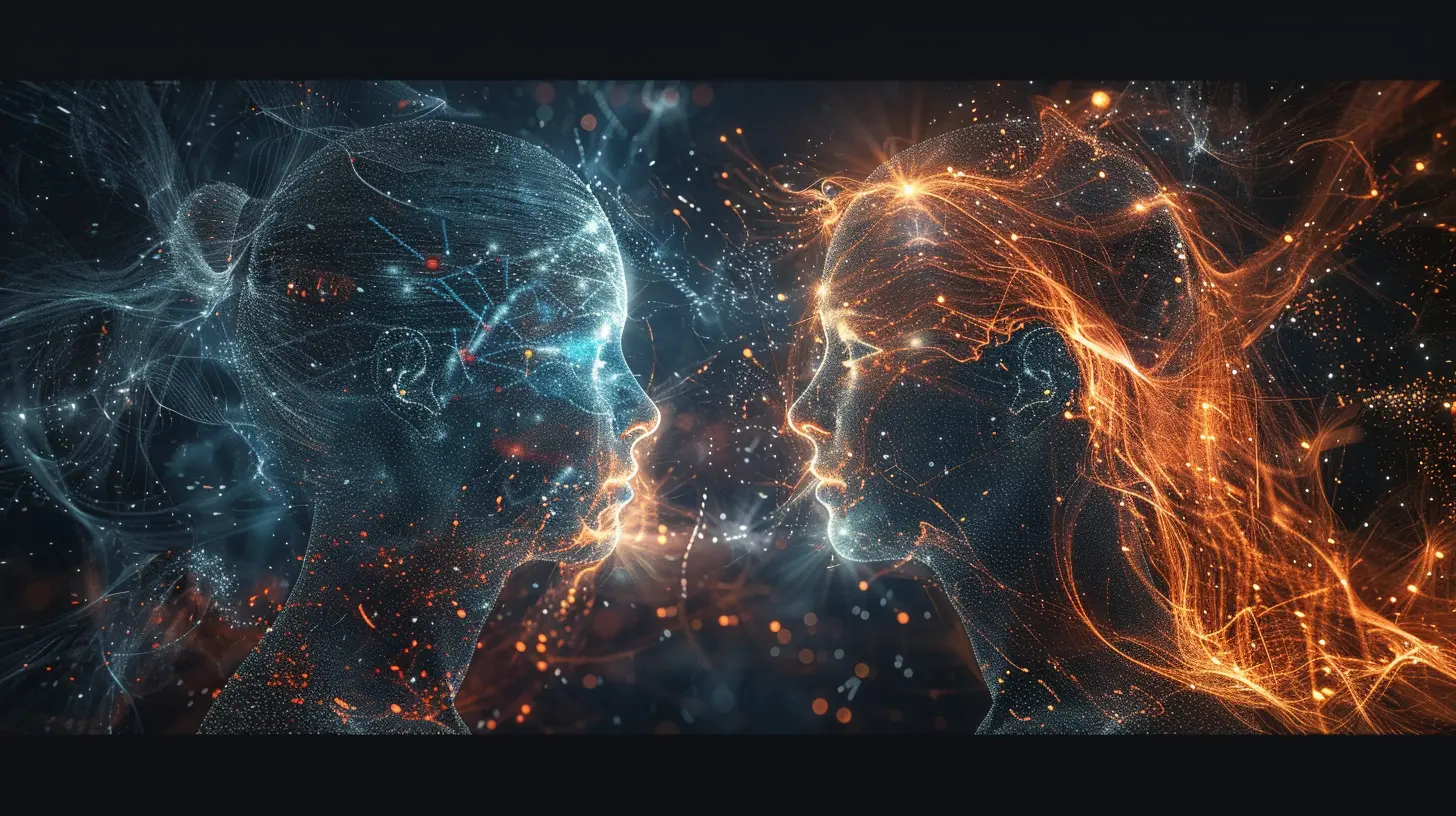
What Are Mirror Neurons?
Mirror neurons are a special type of brain cell that "fire" not only when you perform an action, but also when you observe someone else performing the same action. Think of them as the brain's built-in copycat system. They were first discovered in the 1990s by a group of Italian researchers studying monkeys. The scientists noticed that certain neurons in the monkeys' brains activated when the monkeys grabbed a peanut, but those same neurons also fired when the monkeys simply watched another monkey (or even a human) do the same thing. This was groundbreaking at the time because it suggested that our brains are wired to "mirror" the actions and experiences of others.So, what does this have to do with humans? Well, it turns out that we have mirror neurons too—and they're not just limited to physical actions like grabbing objects. These neurons are also thought to play a role in complex emotional processes like empathy and social understanding.
Mirror Neurons and Action Imitation
Before we dive into the emotional side of things, let's talk about one of the most basic roles of mirror neurons: action imitation. Have you ever noticed how babies mimic the facial expressions and gestures of their parents? That’s mirror neurons at work! They help us learn by observing others.For instance, when you watch someone swing a tennis racket or fold laundry, your mirror neurons simulate the action in your brain. It’s like your brain is practicing the movement without your body physically doing it. This ability to imitate is crucial for learning new skills, especially during childhood.
But the story doesn’t end with action. Mirror neurons also provide the foundation for something much deeper—our ability to understand and share the emotions of others.
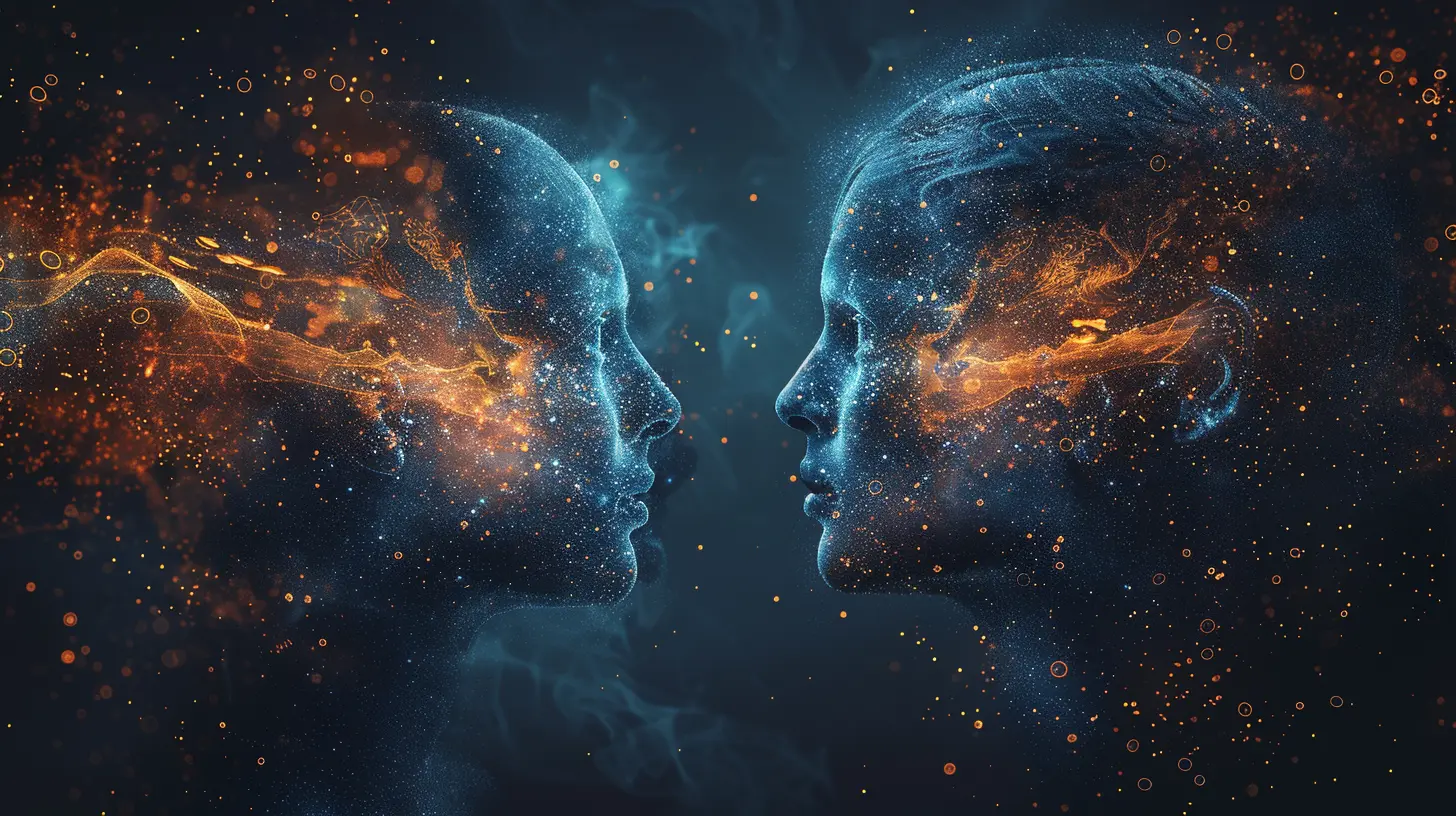
The Role of Mirror Neurons in Empathy
Empathy is one of the most powerful tools we have for connecting with others. It’s what allows us to "put ourselves in someone else’s shoes" and feel what they are feeling. But how exactly do we do that? How do we manage to experience someone else’s pain, joy, or excitement as if it were our own?Enter mirror neurons. These little brain cells don’t just fire when we see someone perform a physical action—they also react when we observe someone experiencing an emotion. For example, if you see someone crying, your mirror neurons for sadness might activate, making you feel a twinge of sorrow yourself. Likewise, when you witness someone laughing, your own brain lights up in a way that mirrors their joy.
It’s almost as if your brain is saying, “Hey, I know what that feels like.” This mirroring process is the neural basis for empathy. It allows us to understand, on a gut level, what another person is going through, even if we haven’t experienced the exact same thing ourselves.
Cognitive vs. Emotional Empathy
Now, empathy can be broken down into two types: cognitive and emotional. Cognitive empathy is the ability to understand someone else’s perspective, while emotional empathy is the ability to actually feel what they are feeling. Mirror neurons seem to be more closely linked to emotional empathy—which explains why you might tear up during a sad movie or feel a rush of excitement when your best friend gets promoted.However, it’s important to note that empathy is not just a passive experience. While mirror neurons help us feel what others feel, they also motivate us to take action. They push us to comfort a friend in distress or celebrate with someone in a moment of joy. In this way, mirror neurons are not just the foundation of empathy; they are key players in building social bonds.
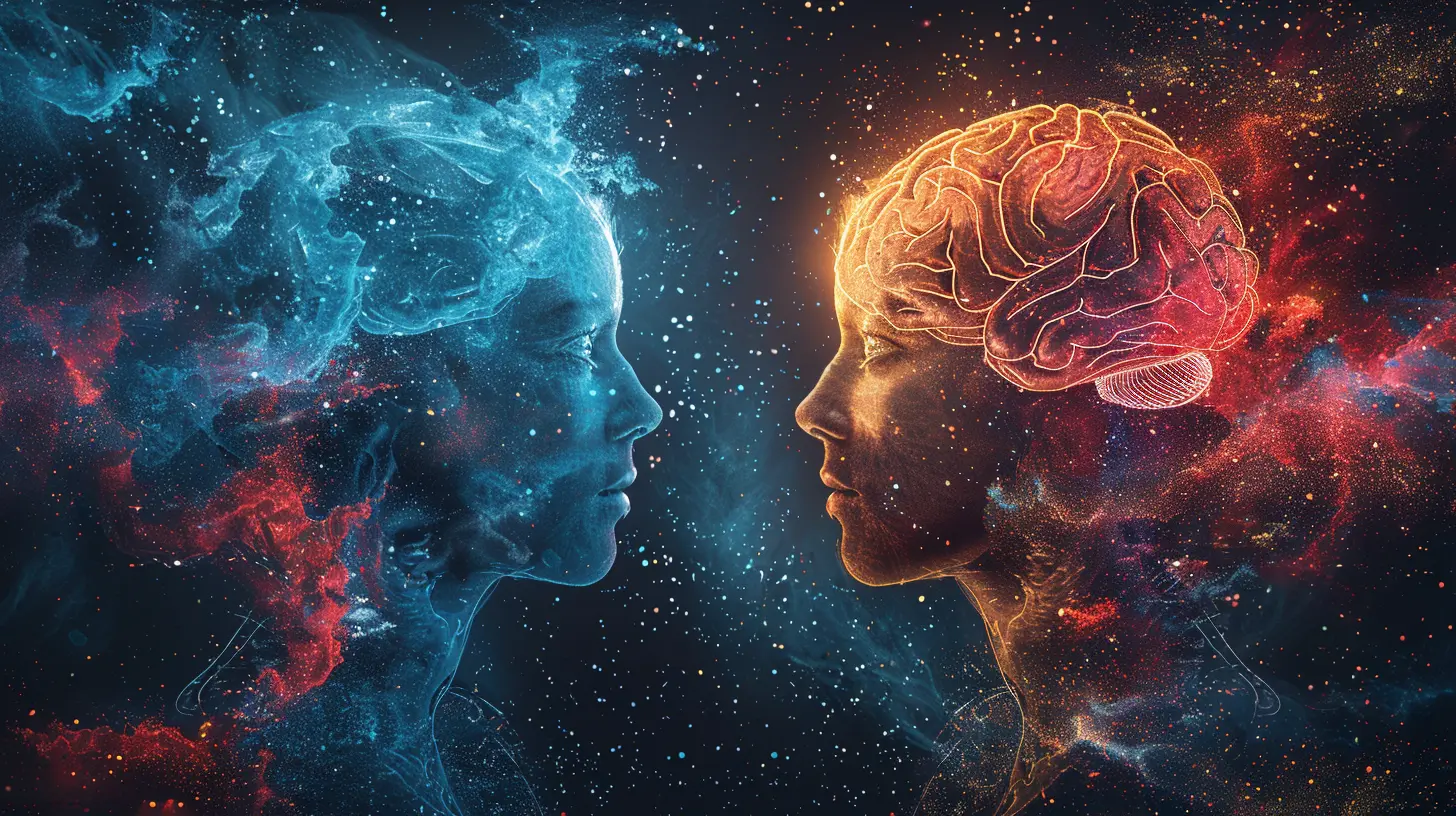
Mirror Neurons and Social Connection
Humans are social creatures. We thrive on interaction, collaboration, and connection. But maintaining these connections requires more than just surface-level engagement. We need to be able to understand and relate to the emotions and experiences of others. This is where mirror neurons come into play.Building Rapport and Trust
Have you ever met someone and immediately felt like you “clicked”? Chances are, your mirror neurons were firing in sync with theirs. When we mirror the actions and emotions of others, we create a sense of rapport and trust. This is why you might unconsciously mimic the body language or speech patterns of someone you like or admire.Mirror neurons also help us pick up on subtle social cues, like a change in tone of voice or a fleeting facial expression. These cues give us insight into what the other person might be thinking or feeling, allowing us to adjust our behavior accordingly. This is crucial for building and maintaining relationships, whether they are romantic, platonic, or professional.
The Role of Mirror Neurons in Group Dynamics
Mirror neurons don’t just operate on a one-on-one level—they also play a role in group dynamics. Think about a time when you’ve been in a room full of people who are laughing. Even if you didn’t hear the joke, you probably found yourself smiling or chuckling along. This is because your mirror neurons are picking up on the emotional energy of the group and reflecting it back to you.In group settings, this ability to "sync up" emotionally with others can foster a sense of unity and belonging. It’s why team sports, group projects, or even watching a movie with friends can feel so satisfying. When we share emotions with those around us, we strengthen our social bonds and feel more connected to the larger group.
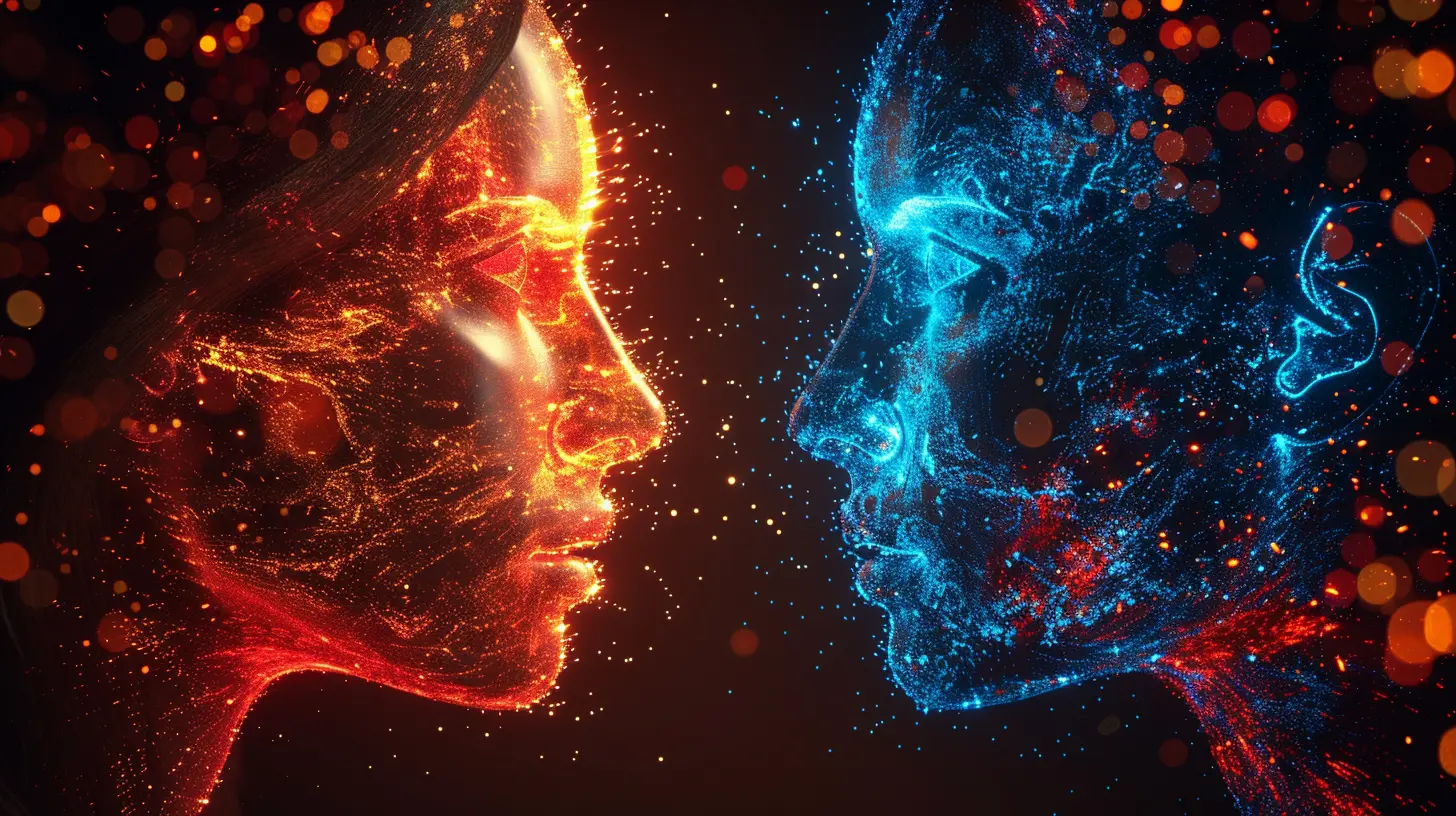
Mirror Neurons and Compassion Fatigue
While mirror neurons are essential for empathy and social connection, there’s also a downside: compassion fatigue. If you’re constantly exposed to the suffering or stress of others, your mirror neurons may cause you to feel overwhelmed by those emotions. This is especially common in professions like healthcare, social work, or caregiving, where individuals are regularly confronted with the pain and struggles of others.Compassion fatigue occurs when your mirror neurons have essentially "burned out" from too much emotional mirroring. You may become emotionally drained, detached, or even numb to the suffering of others. While mirror neurons enable us to care deeply for others, it’s important to recognize when we need to step back and engage in self-care to avoid burnout.
The Future of Mirror Neuron Research
While we’ve learned a lot about mirror neurons since their discovery, there’s still much we don’t fully understand. Researchers are exploring how mirror neurons might be involved in more complex cognitive processes, like language development, moral reasoning, and even creativity.There’s also growing interest in how mirror neurons might be linked to certain psychological conditions. For example, some studies suggest that individuals with autism may have an underactive mirror neuron system, which could explain difficulties with social interaction and empathy. However, this is still an area of ongoing research, and more studies are needed to fully understand the relationship between mirror neurons and neurodiverse conditions.
Conclusion
Mirror neurons are like the backstage crew of our social and emotional lives. They quietly operate in the background, helping us understand and connect with others on a deep, intuitive level. Whether it’s imitating someone’s actions, sharing in their emotions, or building stronger social bonds, these brain cells are at the heart of what makes us human.So, the next time you find yourself tearing up during a movie, or feeling a friend’s excitement as if it were your own, you can give a little nod to your mirror neurons. They’re always working hard to help you connect with the world around you.
all images in this post were generated using AI tools
Category:
PsychologyAuthor:

Gloria McVicar
Discussion
rate this article
14 comments
Beatrix McQuade
Mirror neurons: the ultimate social media influencers! They spark empathy, proving we’re all just reflections of each other!
February 4, 2025 at 4:40 PM

Gloria McVicar
Thank you for your insightful comment! Mirror neurons indeed play a crucial role in fostering empathy and social connections, highlighting our interconnectedness.
Finn Cannon
This article insightfully highlights how mirror neurons contribute to empathy and social bonds. Understanding their role enhances our appreciation of human connection and underscores the biological underpinnings of compassion, reinforcing the importance of empathy in our social interactions.
January 31, 2025 at 5:18 PM

Gloria McVicar
Thank you for your thoughtful comment! I'm glad you found the article insightful and that it highlighted the crucial role of mirror neurons in fostering empathy and social bonds.
Pandora McMahan
This article effectively highlights the significance of mirror neurons in fostering empathy and enhancing social connections. By illustrating how these neurons enable us to resonate with others' emotions, it underscores their vital role in human interactions. Understanding this mechanism can deepen our appreciation for the social bonds we share.
January 27, 2025 at 4:54 AM

Gloria McVicar
Thank you for your insightful comment! I'm glad you found the article highlights the crucial role of mirror neurons in fostering empathy and social connections.
Juliet Jackson
Great insights! Mirror neurons truly enhance our understanding of empathy and social interactions.
January 23, 2025 at 3:44 PM

Gloria McVicar
Thank you! I'm glad you found the insights on mirror neurons valuable. They indeed play a crucial role in our social connections.
Bryson Phillips
Mirror neurons significantly enhance our ability to empathize and connect socially.
January 20, 2025 at 5:58 AM

Gloria McVicar
Thank you for your insightful comment! Indeed, mirror neurons play a crucial role in fostering empathy and enhancing our social connections.
Kevin Wells
Mirror neurons: the silent symphony of our social brains. They choreograph empathy and connection, allowing us to resonate with others’ emotions. Understanding their role not only deepens our appreciation of human interactions but also highlights the neural threads binding us in a shared dance of understanding.
January 16, 2025 at 5:19 PM

Gloria McVicar
Thank you for your insightful comment! Mirror neurons indeed play a crucial role in fostering empathy and connection, enriching our social interactions.
Eden McTiernan
Mirror neurons bridge our solitude through shared experience.
January 11, 2025 at 4:17 AM

Gloria McVicar
Thank you! Indeed, mirror neurons play a crucial role in fostering empathy and understanding by allowing us to resonate with the experiences of others, enhancing our social connections.
Lysara Morgan
The article effectively highlights how mirror neurons facilitate empathy and social connection, suggesting a biological basis for our ability to understand and share emotions. This connection underscores the significance of neural mechanisms in fostering interpersonal relationships and underscores empathy's role in social cohesion.
January 7, 2025 at 4:29 AM

Gloria McVicar
Thank you for your insightful comment! I'm glad you found the article's exploration of mirror neurons and their impact on empathy and social connection valuable.
Jennifer Sanders
Great article! It’s fascinating how mirror neurons shape our empathy and social bonds—truly the magic of human connection!
December 30, 2024 at 5:55 AM

Gloria McVicar
Thank you! I'm glad you found it fascinating. Mirror neurons truly highlight the incredible nature of human connection.
Zephira Barlow
Great article! The insights on mirror neurons deepen our understanding of empathy in social interactions. Excited to see how this research evolves further!
December 29, 2024 at 4:51 AM

Gloria McVicar
Thank you for your kind words! I'm glad you found the insights on mirror neurons valuable. I, too, am excited to see how this research develops!
Zevonis Phelps
Mirror neurons: the social media of our brains! If they're the reason we feel others' vibes, then it's high time we amplify our empathy game. Who knew connection could be as contagious as a viral TikTok dance?!
December 28, 2024 at 3:53 AM

Gloria McVicar
Absolutely! Mirror neurons highlight our innate capacity for connection and empathy, making it essential to nurture these traits for stronger social bonds in today's digital age.
Thane Wagner
Insightful exploration of empathy's neurobiology!
December 27, 2024 at 3:41 PM

Gloria McVicar
Thank you! I'm glad you found it insightful. Mirror neurons truly play a fascinating role in understanding empathy.
Diana Chavez
Mirror neurons: the brain's way of saying, 'Hey, I get you!' It’s like emotional Wi-Fi—connecting us in the quirkiest ways!
December 27, 2024 at 3:35 AM

Gloria McVicar
Absolutely! Mirror neurons do act like emotional Wi-Fi, enabling us to resonate with others' feelings and experiences, fostering deeper social connections.
Logan Pratt
Empathy truly connects us.
December 25, 2024 at 3:33 PM

Gloria McVicar
Absolutely! Mirror neurons play a crucial role in fostering that connection by enabling us to understand and share others' emotions.
MORE POSTS

Understanding Dissociative Identity Disorder

Understanding the Stigma: Why Mental Illness Is Still Misunderstood
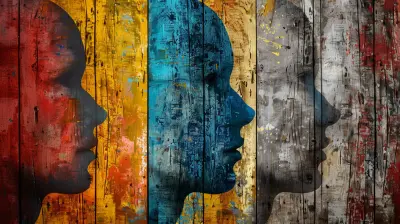
The Social Psychology of Prejudice and Discrimination
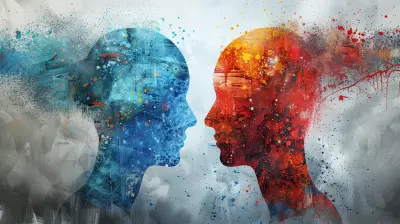
The Connection Between Mental Health and Access to Care

Eating Disorders: Mental Illness Beyond the Physical

When Emotional Dependency Turns into Obsession: Recognizing the Red Flags

Overcoming Burnout: The Role of Resilience in Long-Term Wellbeing

Navigating Uncertainty: Resilience Strategies for Dealing with the Unknown

Addiction and Loneliness: How Isolation Fuels Dependency